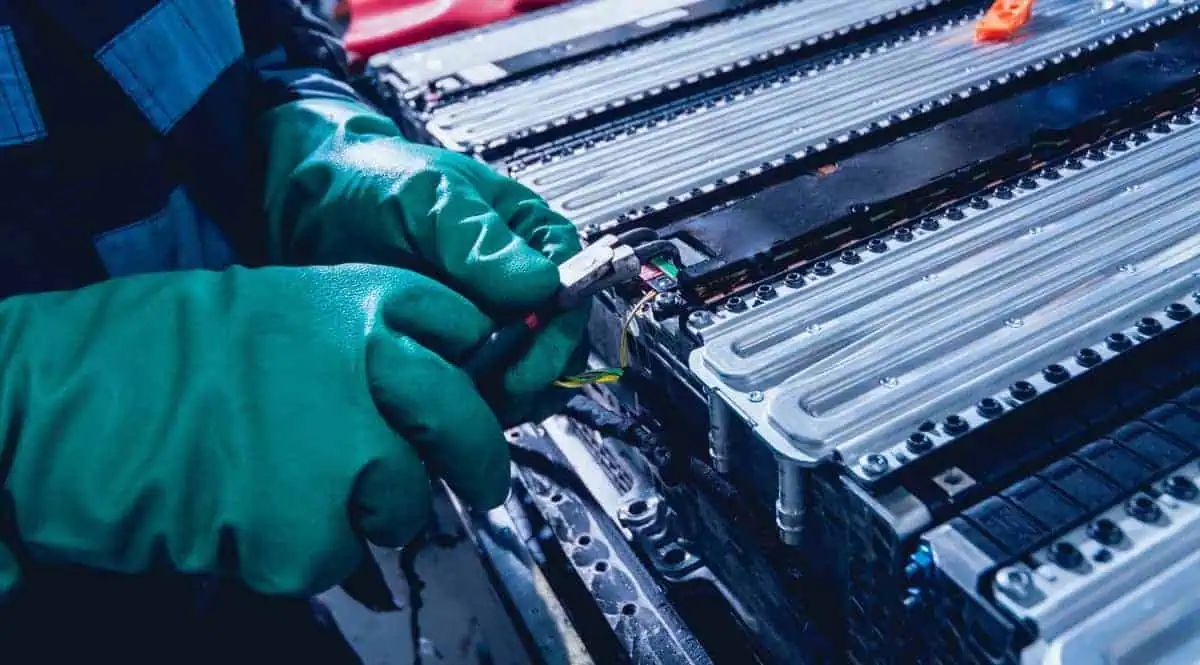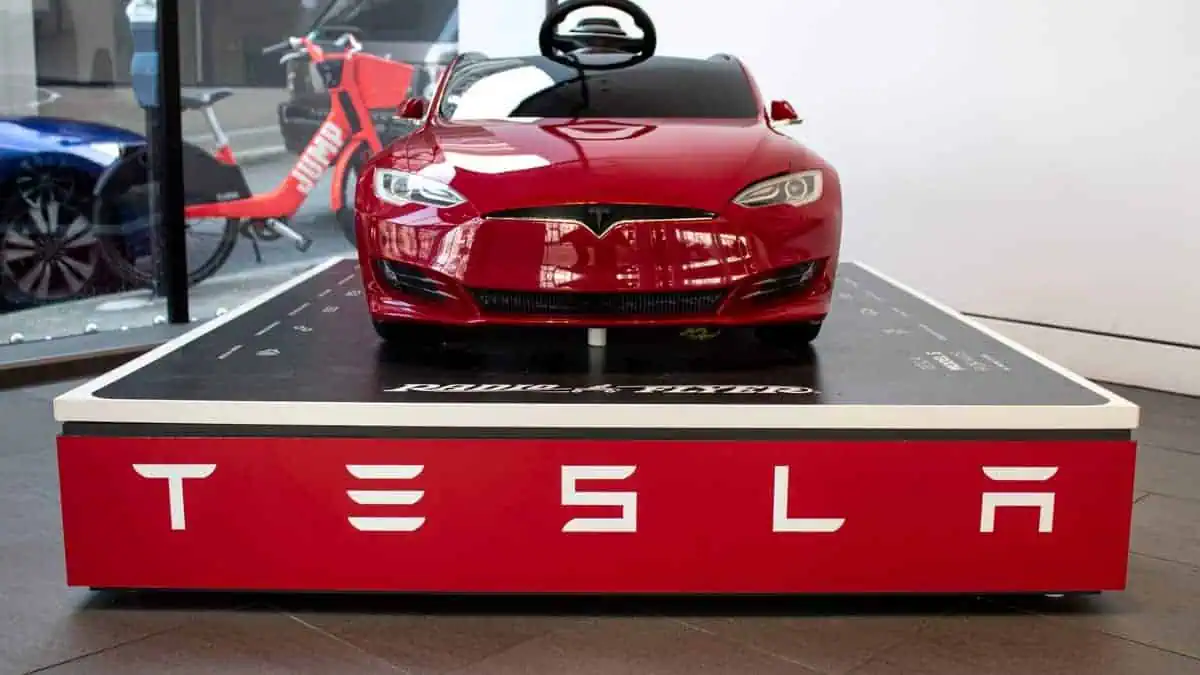Four major companies partnered to integrate recycled metal in the production of li-ion batteries in North America, Freethink reports.
Partnership details
Global battery manufacturer BASF, graphene energy storage firm Nanotech Energy, li-ion battery recycler American Battery Technology Company (ABTC), and metal hydroxide material maker TODA Advanced Materials partnered to establish a local “closed-loop” production system for electric vehicle-grade li-ion battery cells.
“This enables BASF and Nanotech to produce lithium-ion batteries with locally recycled content.”
Daniel Schönfelder, BASF Senior VP of battery base metals and recycling
How would it work?
ABTC will be responsible for recycling battery scrap and rejected material from Nanotech’s pilot production in California and the upcoming commercial plant.
Then, it will send the extracted metals to TODA and BASF. TODA will utilize its received metals to produce battery precursor materials. Meanwhile, BASF will convert them into cathode active materials.
The materials will return to Nanotech for the final production of new li-ion batteries.
“By working together, our four companies can pool their expertise and drive better and more sustainable outcomes for the entire North American electric vehicle and consumer electronics industries.”
Curtis Collar, Nanotech Energy’s Chief Marketing and Sales Officer
According to the joint press release, the companies will launch the commercial production of the close-loop method in 2024.
McKinsey experts forecast li-ion battery demand to surge seven-fold from 2022 and 2030 due to the rapid growth of electric vehicles.
This major shift will undoubtedly decarbonize the transportation sector, which is one of the largest contributors to C02 emissions globally.
However, the necessary metals for li-ion battery production are generally hard to locate and extract. It requires energy-intensive processes that induce substantial environmental impacts.
Therefore, the new “closed-loop” li-ion battery production method will largely aid the battery production industry to reduce their carbon footprint.
See Also:
- World’s largest battery recycler to open its first li-ion battery recycling plant in US
- Rice University discovers innovative process to recycle lithium-ion battery anodes
- Li-Cycle finally launches its EV battery recycling plant in Germany
- Local power battery production continues to expand, driven by a clause in IRA
- Tesla may soon develop a new battery production plant in the US with its major supplier CATL
The unstoppable progress of EV adoption across the world will certainly require recycling projects for li-ion batteries. It will aid companies in addressing the potential battery and mineral shortages in the future. It can also potentially cut production costs and make EVs more affordable.
BASF also claims that integrating recycled metals in new li-ion batteries will cut C02 emissions by approximately 25% rather than utilizing metals from mines.






